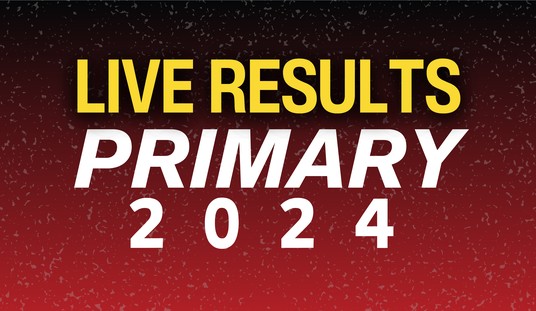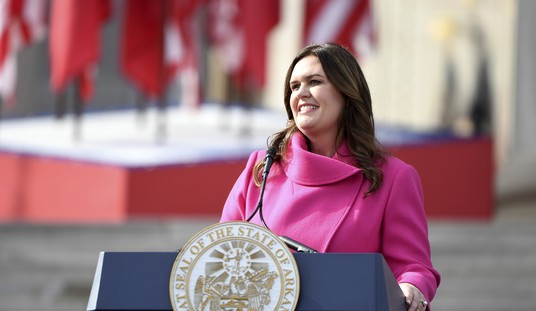WASHINGTON -- Perhaps the most the most pivotal moment in Ben Bernanke's testimony before Congress last week occurred when the Federal Reserve chairman declared, "We'll see how things evolve."
The downturn in the economy, accelerated by the subprime mortgage debacle and the housing and credit slump, still has a ways to go before things get better, but no one knows for sure how deep it will go or how long it will last. Members of the Joint Economic Committee were able to get Bernanke to utter the "R" word -- recession -- as in "a recession is possible."
Well, er, yes, anything is possible. We've become fixated by the fear of recession, which many analysts have been predicting since the beginning of last year. And the Federal chief, pointing to the rise in unemployment, lower consumer spending and further signs of business retrenchment, acknowledged the obvious. And that became the lead of the story at midweek that drove down the stock market slightly, though Bernanke's assessment of the overall economy also led him to declare he expects economic growth to strengthen in the second half of the year. That part of the story got buried.
If Bernanke's forecast is borne out, and I believe it will be, then our hypothetical recession will be one of the shortest on record. As for now, we are in the midst of the storm, perhaps nearing the end of it, and few want to discuss how the recessionary clouds will eventually disperse and the economy will begin growing again.
Recommended
There are a number of valid reasons to believe that this is the case. Here are a few: The Fed has taken quick and timely action to head off a deeper crisis. It has cut short-term interest rates by three percentage points to 2.25 percent since September. It has opened its discount window to investment banks for the first time, to inject needed capital liquidity into the system. The prime rate has plunged from 8 percent to 5 percent, helping consumers with their equity loans. And at a critical point, it kept Bear Stearns from collapsing. The Fed could cut interest rates again when it meets on April 30. "We will act, as needed, to keep the economy growing and stable," Bernanke told the JEC.
It should be noted that the feds did not "bail out" Bear Stearns and its investors. Stockholders lost their shirt when its shares plunged to $2, then inched up to $10, far below its original triple digits value. The Fed helped JPMorgan Chase to purchase it to stop a wider collapse in the financial system that was verging on panic.
Meanwhile, a tax rebate stimulus bill will be mailing checks to taxpayers next month, further injecting cash into consumer pockets and that, to some degree, will help boost spending. And let's not ignore the Bush tax cuts; their absence would have made a bad situation much worse. The lower income tax rates have made our economy's fundamentals sturdier and more resilient, continuing a bull market that has, with a few pauses along the way, lasted more than two decades.
Overlooked in all of this is the behavior of the stock market, which has by and large responded to the economic turmoil in a remarkably mature way, despite periodic plunges. The Dow was around 12,600 by the middle of last week, and global financial markets were experiencing a bit of a bull rally in Asia and Europe in the wake of the Fed's actions. The recovery continues.
We keep hearing the present situation billed as the worst crisis since the Great Depression. But in fact "this crisis is not as bad as the Asian crisis or the stock market bubble of 2001 (when Nasdaq along lost $4.5 trillion in market capitalization)," notes Wall Street economist David Malpass. We survived both and the stock market has hit new record highs since then, only to fall back and then rise again as conditions warrant.
Still, we are facing two quarters of either economic contraction or very slow growth before July. "It now appears likely that gross domestic product will not grow much, if at all, over the first half of 2008 and could even contract slightly," Bernanke testified. Forecasters see GDP falling in the first quarter to somewhere between zero growth and -1 percent, but rising slightly in the second quarter as we work our way out of this trough.
But the usual signs of a deeper recession appear to be missing in the present economic downturn, suggesting that this one will be shallower than previous declines. Unemployment remains relatively low, U.S. exports are stronger than ever -- thanks to a growing global economy and a dwindling dollar -- and the financial markets appear to be stabilizing. There is still a lot of liquidity on the sidelines.
At the same time, Congress is moving on a bipartisan package of tax breaks to help homebuyers and the housing industry, though by the time it gets enacted and fully implemented, the housing industry may already be showing signs of life.
As Bernanke says, we're going to have to see how things evolve.

























Join the conversation as a VIP Member